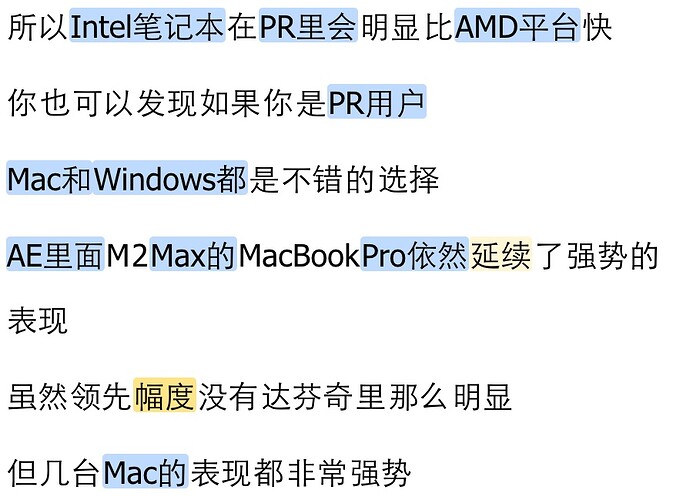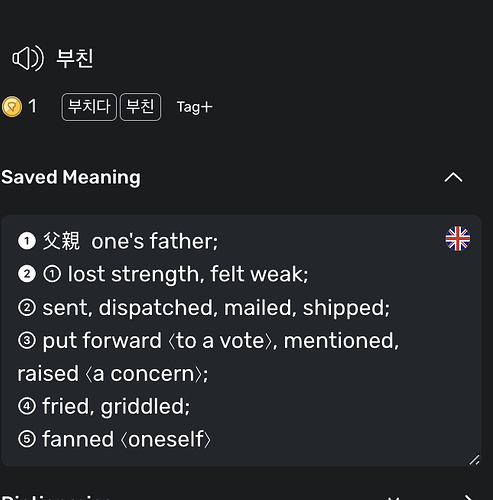Something to note with this, not all possible inflections/conjugations of a word are likely to come up in reading.
In Swedish as an example you have with nouns:
Indefinite Singular
Definite Singular
Indefinite Singular Genitive
Definite Singular Genitive
Indefinite Plural
Definite Plural
Indefinite Plural Genitive
Definite Plural Genitive
So each noun has roughly 8 words as LingQ would define them. But LingQ would only capture them as known if they appeared in a text. So before you are tempted to do complicated comparisons between Korean and another language to come to a guess, I’d think about which lemmas are likely to come up in a text.
From there I’d go back to the morphemes you need to know to reach the CEFR levels. As an example, I read a paper that estimated the following was needed for Swedish:
A1 - 2.500
A2 - 7.500
B1 - 20.000
B2 - 32.000
C1 - 40.000
I would guess this pattern is pretty similar for all languages, but you can do research on this for Korean. Because Korean is agglutinative, I would think it combines its morphemes in regular ways. So then the question is, roughly how many of these combinations are you likely to run into? With Swedish, I’d be tempted to multiply these by 2,5, so let’s double it to 5 for Korean:
A1 - 12.500
A2 - 37.500
B1 - 100.000
B2 - 160.000
C1 - 200.000
Based on some of the Korean known word counts I have seen on LingQ, I think this doesn’t look completely unreasonable, but who knows, this is paper napkin math afterall.
One thing to stress, LingQ only knows the words you know because you saw them in a text. This means over time, you will naturally see more and more words that are actually “known” before ever seeing them in a text. To get the most out of LingQ, I would not recommend importing inflection or conjugation tables, dictionaries, etc. with the purpose of getting that known word count raised. If you’re at a point where you truly knew all of that, you’d be at a point where what you need is actually the opposite of what LingQ naturally provides, i.e., you only need a pop-up dictionary for the handful of words you don’t know.

